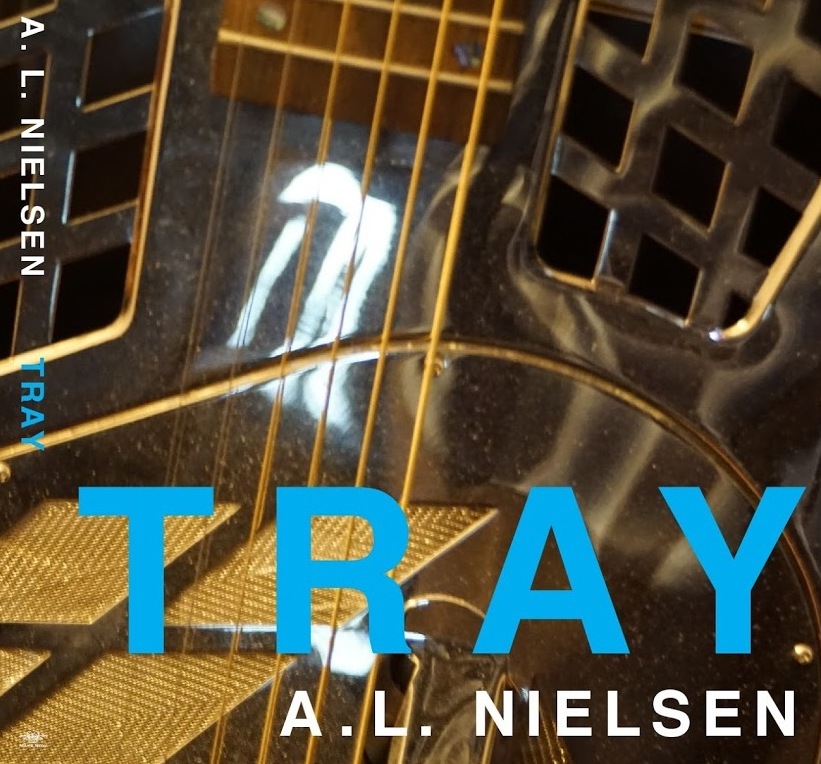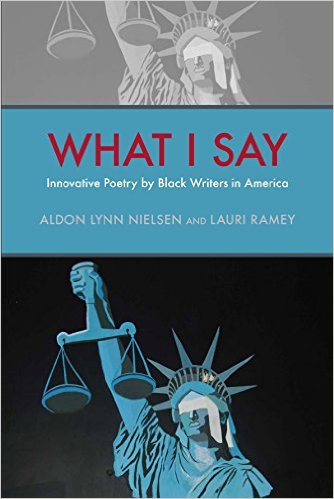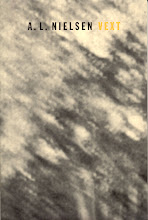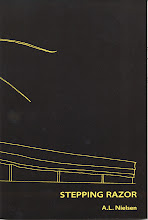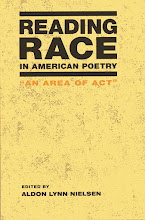
Sunday, August 31, 2008
Monday, August 25, 2008
Jill Biden
Sunday, August 24, 2008
PALF at Kokrobitey

Talk about your audacity of hope . . .
Just two days after we'd been walking through the dungeons of El Mina, we found ourselves in a room watching West Africans busily turning out Obama shirts.

The second week of the Pan African Literary Forum we moved further up the coast to the small town of Kokrobitey, where we took up residence at the Kokrobitey Institute, a place that would have reminded me of summer camp had I ever been to summer camp.
 Another of the visitors at the institute was a scholar from Princeton who was working on a long-term education project -- Her children were instantly adopted by our group.
Another of the visitors at the institute was a scholar from Princeton who was working on a long-term education project -- Her children were instantly adopted by our group.





There, the workshops, lectures, panels and readings resumed in full force in the beautiful surroundings of coastal Ghana.
The first big reading featured the poets, fiction and non-fiction writers whose submitted works had won the PALF writing competition. Following the contest winners, we heard from invited writers from Africa and America.














Tuesday, August 19, 2008
El Mina

This is the "door of no return" at El Mina.
Through this door untold numbers of Africans were forced onto boats and into slavery in the Americas.
When the fortress at El Mina was first constructed by the Portuguese in the 15th century, this door was larger. It was narrowed later to the point where only one person at a time could be passed through, and that person's body would have to be contorted to fit.
This means that the men who carried out their infernal enterprise here must have held discussions about altering this door for the "better" constraint and management of their captives. Standing here I felt as if I were witnessing the planning of a holocaust.
 Shown in this photo is a model of El Mina castle on display at the National Museum of Ghana. The remainder of these pictures were taken on location.
Shown in this photo is a model of El Mina castle on display at the National Museum of Ghana. The remainder of these pictures were taken on location.

 By far the most emotionally powerful day of the Pan African Literary Forum was the day we visited the slave fortresses at El Mina and Cape Coast.
By far the most emotionally powerful day of the Pan African Literary Forum was the day we visited the slave fortresses at El Mina and Cape Coast.El Mina is the oldest surviving large structure built by the Europeans south of the Sahara, and it was the point of departure for the slave ships for a period of centuries, as the Portuguese were followed by the Dutch and by the English. If you have ever seen Haile Gerima's film SANKOFA, you have a good idea of the feelings generated in our group as we were shown the dungeons, as we looked through the "door of no return," as we climbed the stairs to the spacious and airy quarters of the castles' succession of governors.

The slave traders were remarkable literalists.
Monday, August 11, 2008
PALF in Accra III

so . . . what's this photo of Gil Scott Heron doing here in the most recent installment of my reports from Ghana?
I was taking a break from the PALF sessions . . . sitting in the open air dining area of the Afia Beach Hotel enjoying the sea breeze, reading some poetry and listening to a collection of Ghana's "Hiplife" music. (Think African Highlife crossed with Hip Hop and you'll have a good idea of the sound.) A track by Nkasei, featuring Reggie Rockstone, came on, a song titled "Edua Neb U." Just seconds into the track, I heard, in English, "The Revolution WILL be televised." Now, I wasn't terribly surprised to hear the man known as the "Godfather of Hiplife" invoke someone who is often credited as a godfather of rap. I knew that Gil Scott Heron's "The Revolution Will Not Be Televised" had gone around the world. But that's not why I'm posting this particular remembrance . . .
As my colleagues were deep into the writing workshops in Accra, I couldn't help thinking back to my only experiences as a student in creative writing classes. All English majors at Federal City College were required to take creative writing. As I was already writing and publishing, I thought about trying to get exempted from the requirement, till I found out who was available as a teacher: Gil Scott Heron. People often forget that Gil had already written a novel at nineteen, a novel that was published. By the time I was in his classes, he had published a second novel and a book of poetry, and he had released five albums of his music -- and he was just about my age! I found that impressive then, and enjoyed the short time I worked with him. He was at the height of his abilities then, something I think of often when I read of his more recent troubles. He was a great example of someone who was able to break the rules of commercial broadcasting and still be heard. It's no surprise that he still continues to inspire artists as far away as Ghana.
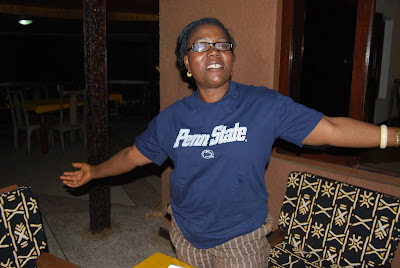 This photo memorializes the other end of my academic career. Patricia Jabbeh Wesley & I were joking constantly about the Penn State presence in Accra that week. Here's Patricia making the point. The photo was taken on that same Afia Beach Hotel dining deck.
This photo memorializes the other end of my academic career. Patricia Jabbeh Wesley & I were joking constantly about the Penn State presence in Accra that week. Here's Patricia making the point. The photo was taken on that same Afia Beach Hotel dining deck.



























